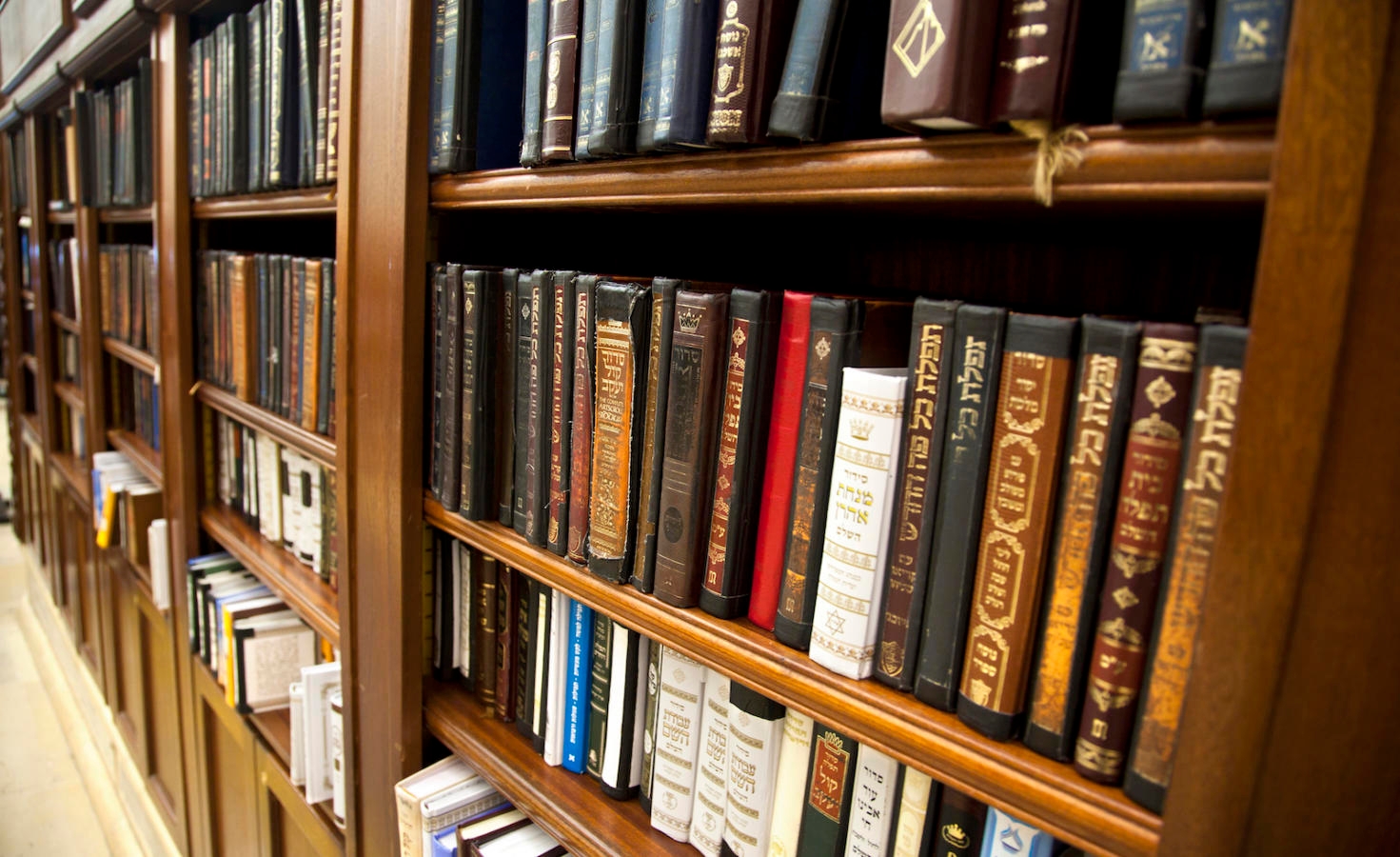The Talmud tells us that a person once approached the rabbinic sage Shammai and said he would convert to Judaism if Shammai taught him the entirety of Torah while standing on one foot.
Shammai drove the person away with a stick.
The person then approached Hillel with the same request. Hillel responded: “What is hateful to you, don’t do unto others. That’s the entire Torah. The rest is its commentary. Now, go and learn!”
The exchange captures one of the great challenges that teachers and students face when preparing for conversion to Judaism: There is a lot to learn. Although the essence of Judaism can perhaps be summed up in one pithy statement, there is much more to it than that.
With your help, My Jewish Learning can provide endless opportunities for learning, connection and discovery.
Complicating the matter further is that there isn’t only one way to be Jewish. Judaism encompasses a wide range of beliefs, emphases, and norms of practice.
What then are the tenets of Judaism? Are there things that a Jew should believe? Are there things a Jews shouldn’t believe? What does Judaism have to say about the nature of God, humankind, sin or the afterlife? What are Jewish values and how do they inform what it means to be a Jew and live a Jewish life? How does one behave as a Jew?
As for the last question, judging from Hillel’s answer, the essence of Judaism is the Golden Rule. That is, of course, essential. But there’s more. There’s all the commentary.
There are the longstanding practices in Judaism, the unique ways of praying, eating and doing all sorts of things. Those studying toward conversion will want to understand how the Jewish tradition marks life’s transitions — birth, maturity, marriage, divorce, death — and how the seasons of the year are noted and celebrated.
They should learn Jewish values, the Jewish life cycle and the Jewish holiday cycle. They should learn about Jewish prayer and other distinct practices, such as keeping kosher. And they should be exposed to basic Jewish texts — the Bible, the Talmud, the Mishneh Torah, and more — as well as the role those texts have played in Jewish thought.
Being a Jew is different from being an adherent of most other faith traditions in that Jews have long understood themselves to be members of a people, with its own language, calendar, and national identity — including a strong relationship to the land of its birth, the Land of Israel. So a convert not only becomes an heir to Judaism, but also a member of the Jewish people.
It’s important therefore for converts to have a basic understanding of Jewish history. They should know where and when the Jewish people arose. They should know about Abraham, and the migration to Canaan, the Egyptian enslavement and the Exodus, and the 40 years of wandering in the wilderness – and the highlights of the thousands of years since then.
A convert will want to learn about some of the key transitions in modern Jewish history, such as the Enlightenment and the Emancipation of Jews in Europe, which resulted in new ways of conceptualizing Judaism and led to the modern Jewish movements. They should know about the Holocaust, the creation of the State of Israel, and the growth and development of Jewish communities in Israel and throughout the world. They should also learn about the stubborn persistence of anti-Semitism and its impact on the experience of being Jewish.
Hebrew is also central to Judaism. It’s the language in which most of the Bible was written, and most of the traditional Jewish prayer book. It’s also the vernacular in the State of Israel. So it’s helpful for converts to be exposed to the Hebrew alphabet, and to learn at least a few basic Hebrew words. (Without necessarily realizing it, many people already know several Hebrew words, like amen, matzah and Israel.) Learning a bit of Hebrew can help make Judaism seem less foreign and more accessible.
This all probably sounds like a tall order, but there’s more. For the learning one does in order to become a Jew is not merely to acquire information. It is to develop a new identity. Being a Jew is not just about knowing certain things; it is also about believing, behaving and belonging. Becoming a Jew involves choosing to embrace Jewish beliefs, traditions and practices and choosing to be counted among the Jewish people — and to be counted on by them.
Not all of one’s Jewish education is formal. Not everything can be learned from a book or online. Converts will want to experience Jewish life with Jews. They should go to services, participate in a Shabbat dinner and attend a Passover seder. They should experience a Jewish wedding and go to a kosher restaurant. And attending Jewish film festivals, public lectures and other community events help the newcomer to Judaism understand what it means to become part of a Jewish community.
There is, in sum, much to learn on the path to becoming a Jew. How that learning takes place varies and very much depends on the individual convert. And it is a process that enables deep reflection — on a person’s values, on what sort of practices will enhance their life, and ultimately on whether they wish to become part of the Jewish people and the Jewish story.
But it begins with seeking out a rabbi to work with, sketching out a course of study, and finding a community in which to experience Jewish life.
Now, go and learn!
Are you considering conversion to Judaism? Sign up here for a special email series that will guide you through everything you need to know.



